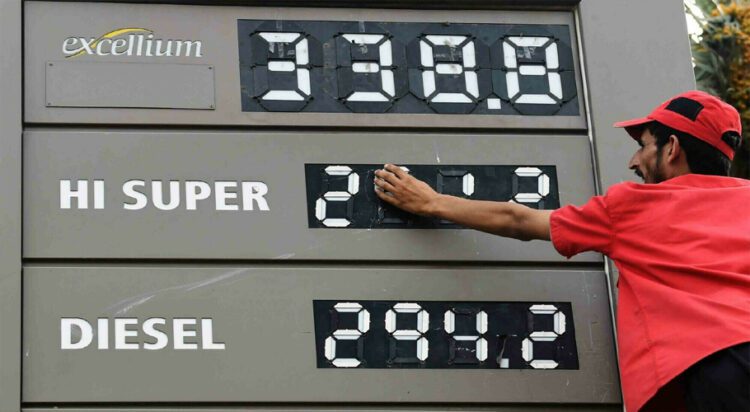![]() Follow Us on Google News
Follow Us on Google News
KARACHI: Petroleum dealers in Pakistan have voiced their strong opposition to the proposed deregulation of fuel prices in the country, following the lead of oil refineries. They argue that such a move would severely harm their businesses and potentially lead to closures.
The Oil and Gas Regulatory Authority (OGRA) of Pakistan discussed the possibility of deregulating petroleum products with the energy ministry on April 17. This discussion prompted five oil refineries in the country to express their concerns in a letter, labeling the issue as complex and critical.
Under the proposed deregulation, oil marketing companies would gain the authority to set fuel prices based on market dynamics. It’s anticipated that consumers located closer to ports and refineries would benefit from lower prices due to reduced transportation costs.
Speaking at a media briefing held at the Karachi Press Club, Abdul Sami Khan, Chairman of the Pakistan Petroleum Association, described deregulation as a detrimental move for both the people and the petroleum industry. He warned that if implemented, it would force them to shut down their businesses.
Dealers emphasized that deregulation would inevitably lead to price hikes for petroleum products and pose challenges in maintaining fuel quality. They cautioned against granting oil marketing companies the power to set prices independently, fearing it would result in varied market rates.
Khan accused the government of attempting to shift the burden of price increases onto the public to deflect public criticism amid rising petroleum costs. He highlighted the issue of smuggled Iranian oil being openly sold in Pakistan, causing damage to vehicle engines. Khan urged the government to legalize the import of crude oil from Iran to address smuggling concerns, suggesting that locally refining Iranian crude could be a viable solution.
Echoing the concerns of oil refineries, petroleum dealers reiterated their stance that deregulating petroleum prices in Pakistan would have adverse consequences for their businesses.
































